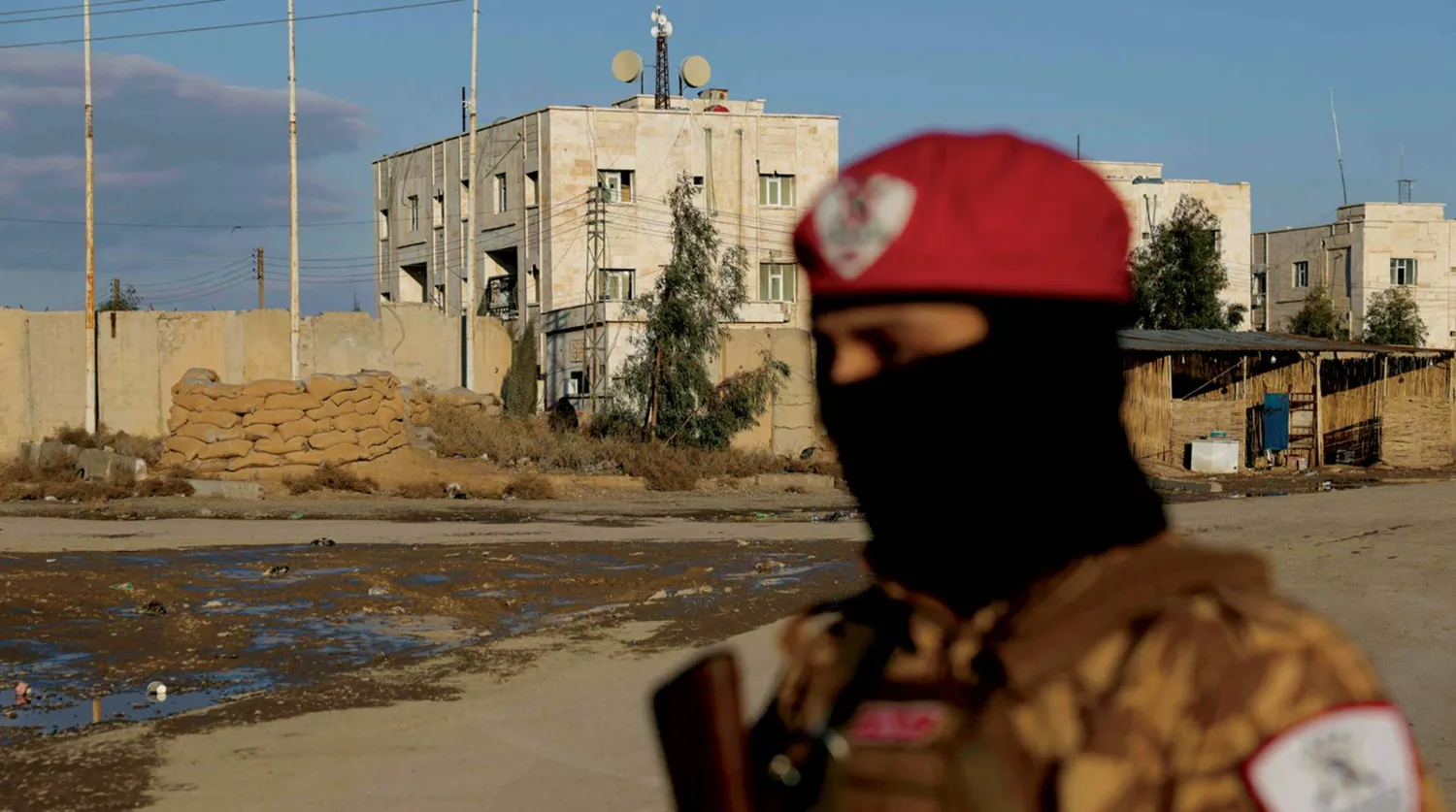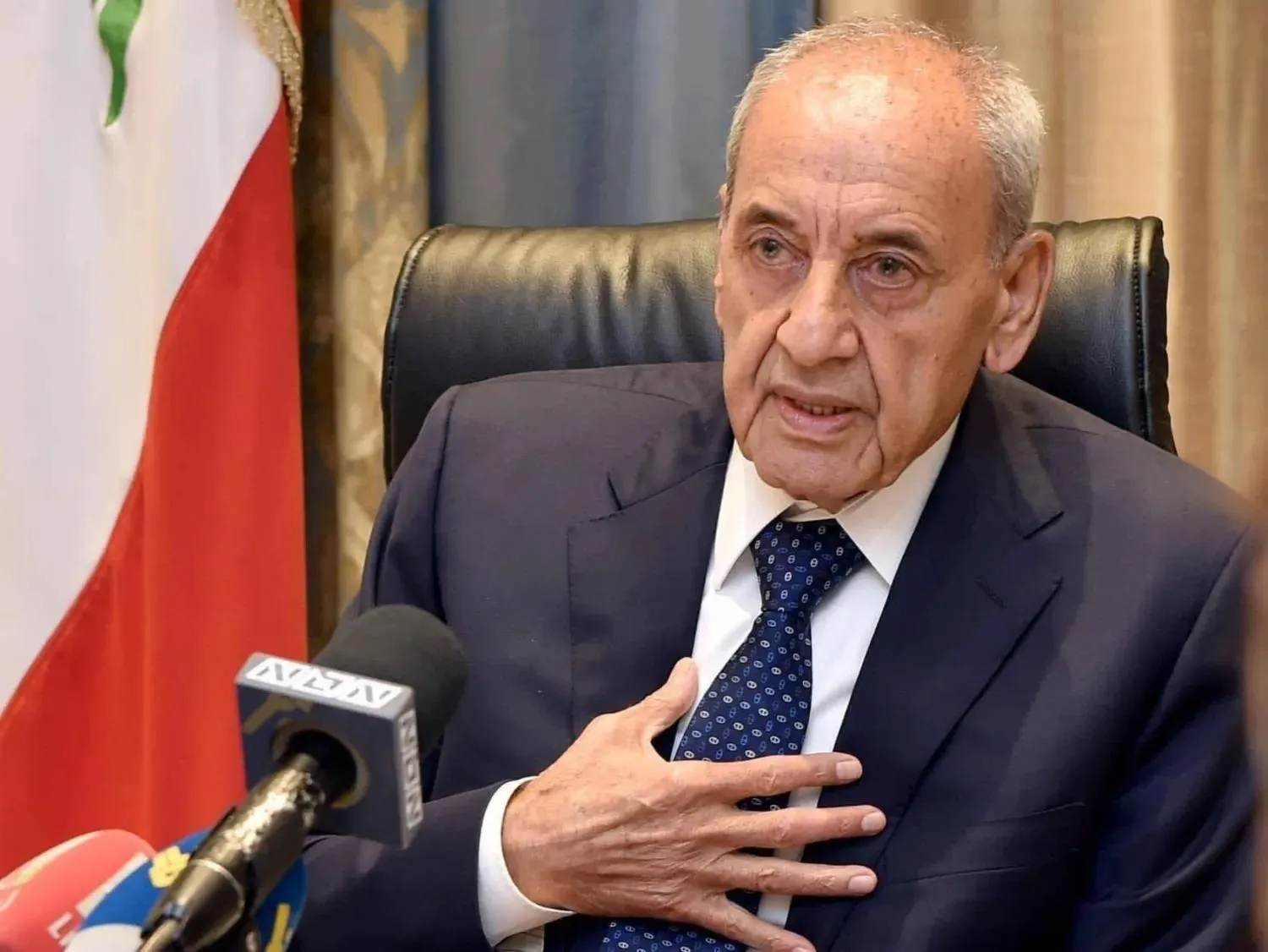The US military carried out its fourth airdrop of aid into Gaza on Friday, a US official told Reuters, amid an unfolding humanitarian catastrophe in the crowded coastal enclave.
The Israeli offensive in Gaza, which is supported by the United States, has displaced most of the enclave's 2.3 million people and led to critical shortages of food, water and medicine.
The US official, who spoke on condition of anonymity, did not offer more details on the airdrop, including its location or number of meals delivered.
US President Joe Biden, who first announced the airdrop campaign last week, said Thursday that the US military will also build a temporary port in the coming weeks on Gaza's Mediterranean coast to enable delivery of humanitarian aid by sea.
On Friday, five people in Gaza were killed and several others injured when airdrops malfunctioned and hit people and landed on homes, Palestinian officials said.
The aid efforts come as Hamas said Thursday that negotiations over a ceasefire in Gaza and the release of more Israeli hostages will resume next week, dimming hopes that mediators could broker a truce before the start of the Muslim holy month of Ramadan, which is expected to begin at sundown Sunday.
After more than five months of war, much of Gaza is in ruins. Aid groups say Israel’s near-total blockade of Gaza and the fighting have made it nearly impossible to deliver aid in most of Gaza.









